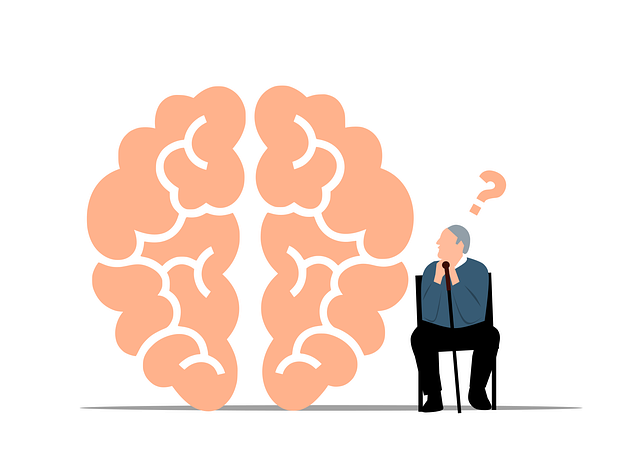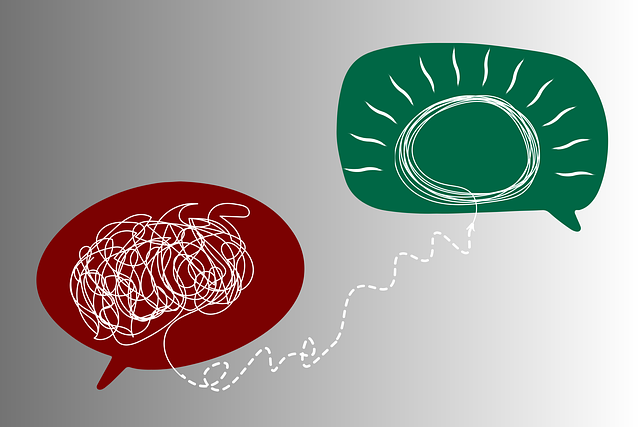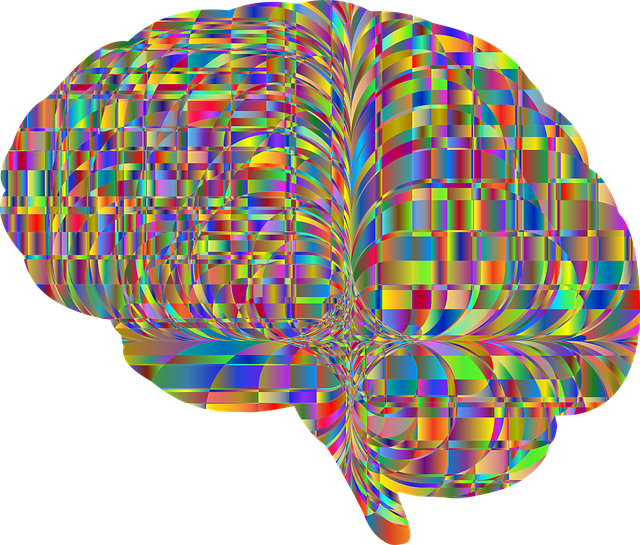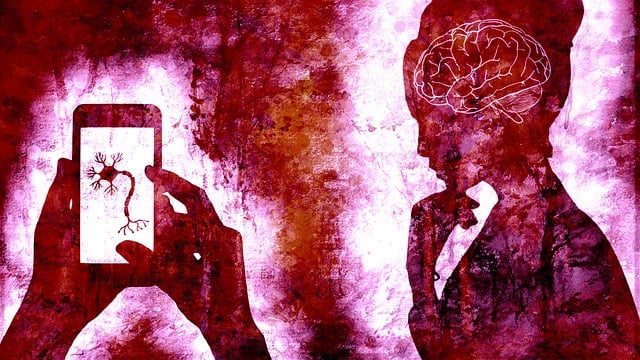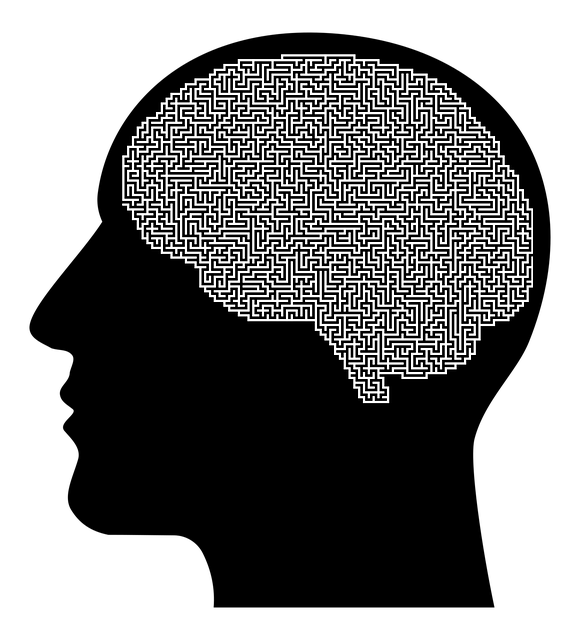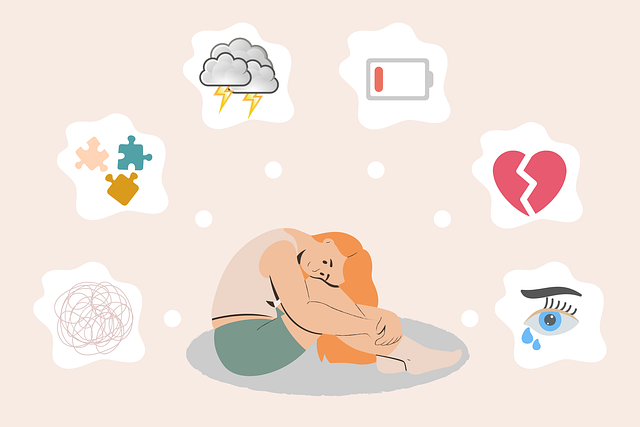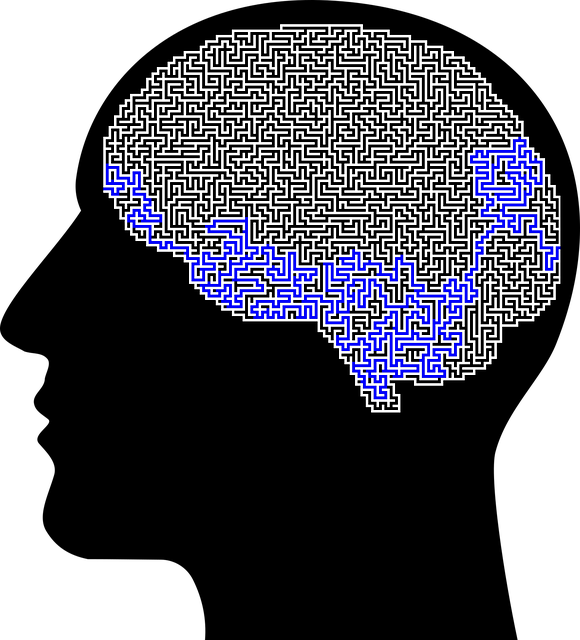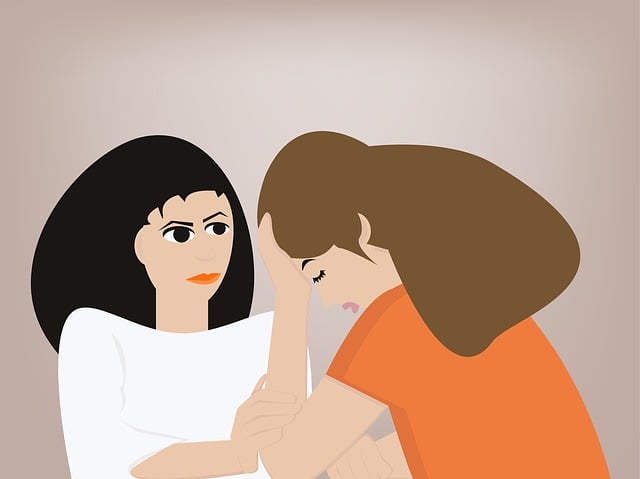Self-care is a vital practice for maintaining physical, mental, and emotional well-being, especially for those who have experienced trauma. Lone Tree EMDR Certified Therapy offers a specialized approach to healing and personal growth, teaching individuals coping skills and conflict resolution strategies. By integrating mindfulness, exercise, and relaxation techniques, this therapy fosters resilience and promotes better mental health. Overcoming barriers like busy schedules or societal norms is crucial; with the right support, individuals can learn to prioritize self-care, leading to enhanced well-being and a more balanced life.
In today’s fast-paced world, prioritizing self-care is more vital than ever. This comprehensive guide explores the foundational importance of self-care for overall well-being and presents effective strategies to enhance practices. From understanding the essence of self-care to leveraging Lone Tree EMDR Certified Therapy for profound emotional healing, we delve into practical ways to nurture yourself daily. Additionally, we address common barriers and offer insights on sustaining a consistent self-care routine.
- Understanding Self-Care: The Foundation of Well-being
- The Role of Lone Tree EMDR Certified Therapy in Enhancing Self-care Practices
- Practical Strategies for Daily Self-Nurturing
- Overcoming Barriers and Sustaining a Self-Care Routine
Understanding Self-Care: The Foundation of Well-being

Understanding self-care is pivotal to cultivating well-being, especially in navigating life’s challenges. It involves intentional practices that nurture your physical, mental, and emotional health, enabling you to cope with stress, enhance resilience, and improve overall quality of life. Self-care isn’t a luxury but a necessity, akin to tending to a garden—you must water, fertilize, and protect it regularly for sustainable growth. This involves recognizing your limits, setting boundaries, and prioritizing activities that replenish your energy rather than depleting it.
For many, especially those who’ve experienced trauma as noted by Lone Tree EMDR Certified Therapy, self-care can be a powerful tool in the healing process. Trauma Support Services often emphasize risk assessment for mental health professionals to ensure safe interventions. Crisis intervention guidance is another vital aspect, teaching strategies to manage acute distress and preventing escalations. Incorporating practices like mindfulness, regular exercise, adequate sleep, and engaging hobbies into your routine fosters a sense of balance and peace, enhancing your ability to navigate life’s storms.
The Role of Lone Tree EMDR Certified Therapy in Enhancing Self-care Practices

Lone Tree EMDR Certified Therapy offers a transformative approach to self-care practices, empowering individuals to heal from past traumas and emotional wounds. Through this specialized therapy, clients learn effective conflict resolution techniques, enabling them to navigate challenging situations with resilience and self-compassion. By addressing underlying issues, the therapy fosters personal growth, enhancing one’s ability to prioritize mental well-being.
In today’s fast-paced world, managing stress and preventing burnout is crucial for maintaining healthy self-care routines. Lone Tree EMDR Certified Therapy provides valuable tools for risk management planning, helping mental health professionals develop strategies to protect their emotional well-being while advocating for better Mental Health Policy Analysis and Advocacy. This holistic approach ensures that both therapists and clients can thrive in a supportive environment, promoting sustainable self-care practices.
Practical Strategies for Daily Self-Nurturing

Incorporating daily self-nurturing practices is a powerful way to enhance overall well-being and resilience. For those seeking a structured approach, Lone Tree EMDR Certified Therapy offers valuable tools and techniques. This form of therapy focuses on integrating mental wellness coaching programs that are specifically designed to develop coping mechanisms and anxiety relief strategies. By delving into the principles of mind over matter, individuals can begin to see significant improvements in their mental health and overall sense of contentment.
Practical strategies include setting aside dedicated time each day for activities that promote relaxation and stress reduction. This might involve practicing mindfulness through meditation or deep breathing exercises. Additionally, engaging in regular physical activity, maintaining a balanced diet, and ensuring sufficient sleep are essential cornerstones of self-care. These simple yet powerful acts of self-nurturing can help individuals reconnect with their inner selves and cultivate a profound sense of self-love and acceptance.
Overcoming Barriers and Sustaining a Self-Care Routine

Overcoming barriers to self-care is a significant step towards enhancing overall well-being. Many individuals struggle with integrating self-nurturing practices into their daily lives due to demanding schedules, cultural norms, or past experiences that discourage self-priority. For instance, those in high-pressure careers might feel guilty taking time for themselves, while societal expectations can make some individuals believe they don’t deserve personal downtime.
However, with consistent effort and the right support, maintaining a self-care routine is achievable. Consider seeking guidance from Lone Tree EMDR Certified Therapy or enrolling in Mental Health Education Programs Design to learn effective communication strategies for expressing needs to others and managing stress. These resources can empower individuals to overcome internal and external barriers, fostering a sense of balance and resilience that benefits both personal and professional life.
Self-care is not a luxury but a necessity, and with the help of Lone Tree EMDR Certified Therapy, individuals can unlock their path to holistic well-being. By integrating practical strategies into daily routines, overcoming barriers, and fostering consistent self-nurturing, one can achieve a profound sense of balance and resilience. The journey towards improved self-care practices is transformative, empowering individuals to thrive in all aspects of life.
